# Introduction
In today's education system, teaching science in a siloed and compartmentalized manner can leave students disconnected from the real world. Recognizing this challenge, the Holistic Science Teaching Fellowship program was launched to empower teachers to adopt a more integrated approach to science education. As one of the fortunate participants, I embarked on a journey that revolutionized my teaching practices and ignited a passion for holistic learning.
# Background
The fellowship program, a collaborative effort between esteemed institutions, including World Science Collaborative Ltd (United Kingdom), South East Asian Ministerial Organization (SEAMEO)-QITEP In Science (Indonesia), Lahore University of Management Sciences (LUMS), The Aga Khan University-Institute of Education Development (AKU-IED), and Qatar University, aimed to equip teachers with the skills to connect science with diverse disciplines, fostering critical thinking and curiosity in students. With a rigorous selection process, only 45 teachers from private and government schools were chosen to participate, and I was honored to be among them.
# My Journey
From the moment I arrived at Nine Tree Hotel in Lahore, I knew that this experience would be extraordinary. The six-day workshop at LUMS University was a treasure trove of learning, with esteemed speakers and mentors guiding us through various subjects, including physics, philosophy, computer science, and more. We had the privilege of learning from renowned experts such as Dr. Nidhal Guessoum, Professor of Astrophysics, American University of Sharjah (AUS), Dr. Faisal Bari, Professor and Dean, School of Education, LUMS, Dr. Sabieh Anwar, Physicist and Science Communicator, LUMS, and Dr. Athar Osama, Science Policymaker and Founder of World Science Collaborative Ltd, among others.
The workshop was a melting pot of ideas, with peers from diverse backgrounds sharing their perspectives and expertise. We delved into topics like myths, science, and religious conflicts, exploring ways to address contradictory questions from students. The concept of "A Big Question" became the cornerstone of our learning, encouraging us to define and explore complex, interdisciplinary inquiries. We crafted a UBD lesson plan, incorporating holistic principles, and presented our work to the jury.
The experience was not limited to the workshop; we continued to learn and grow through post-learning assessments, implementing our new strategies in the classroom and sharing our progress through recorded videos and updated lesson plans. We also had the opportunity to attend the International Event of Science and Engineering of the James Webb Telescope at Syed Babar Ali School of Science and Engineering (SBSSE) LUMS, Lahore, where we discussed the universe, gravity, black holes, the expansion of the universe, the big bang, and other topics.
# Organic Discussions and Crucial Topics
One of the unique aspects of the fellowship was the organic discussions that emerged during the workshop. We had the freedom to explore topics that interested us, from the intersection of science and religion to the ethics of artificial intelligence. These discussions not only deepened our understanding of the subjects but also fostered a sense of community and collaboration among the participants.
We also explored crucial topics such as pseudoscience, myths, and the importance of critical thinking in science education. The speakers and mentors encouraged us to question our assumptions and challenge our beliefs, creating a safe and supportive environment for growth and learning.
# Implementation and Impact
After the workshop, we continued to learn and grow through post-learning assessments, implementing new strategies in the classroom and sharing progress through recorded videos and updated lesson plans. I witnessed firsthand the power of holistic learning to engaging students and fostering a deeper understanding of science.
# Conclusion
The Holistic Science Teaching Fellowship was a transformative experience that has had a lasting impact on my teaching practices. I have witnessed firsthand the power of holistic learning to engaging students and fostering a deeper understanding of science and its connections to the world around us. To fellow educators, I recommend embracing this approach, and to the program organizers, I suggest continuing to support and expand this initiative. By working together, we can revolutionize science education and inspire a new generation of curious, critical thinkers.
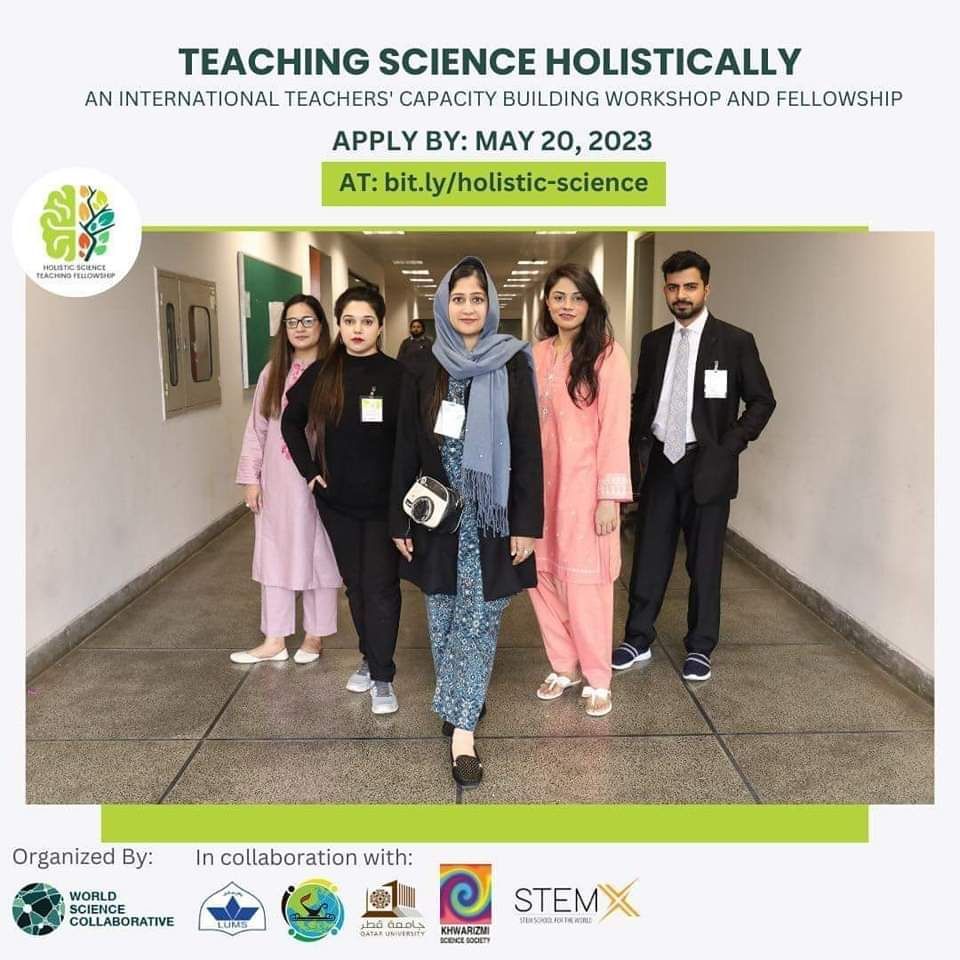
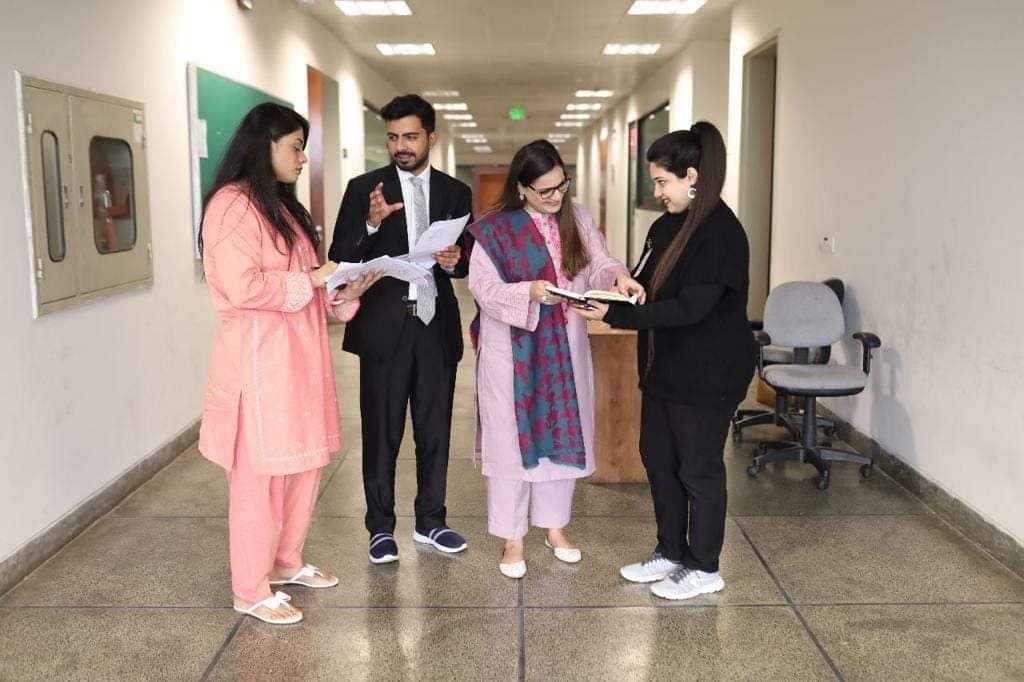
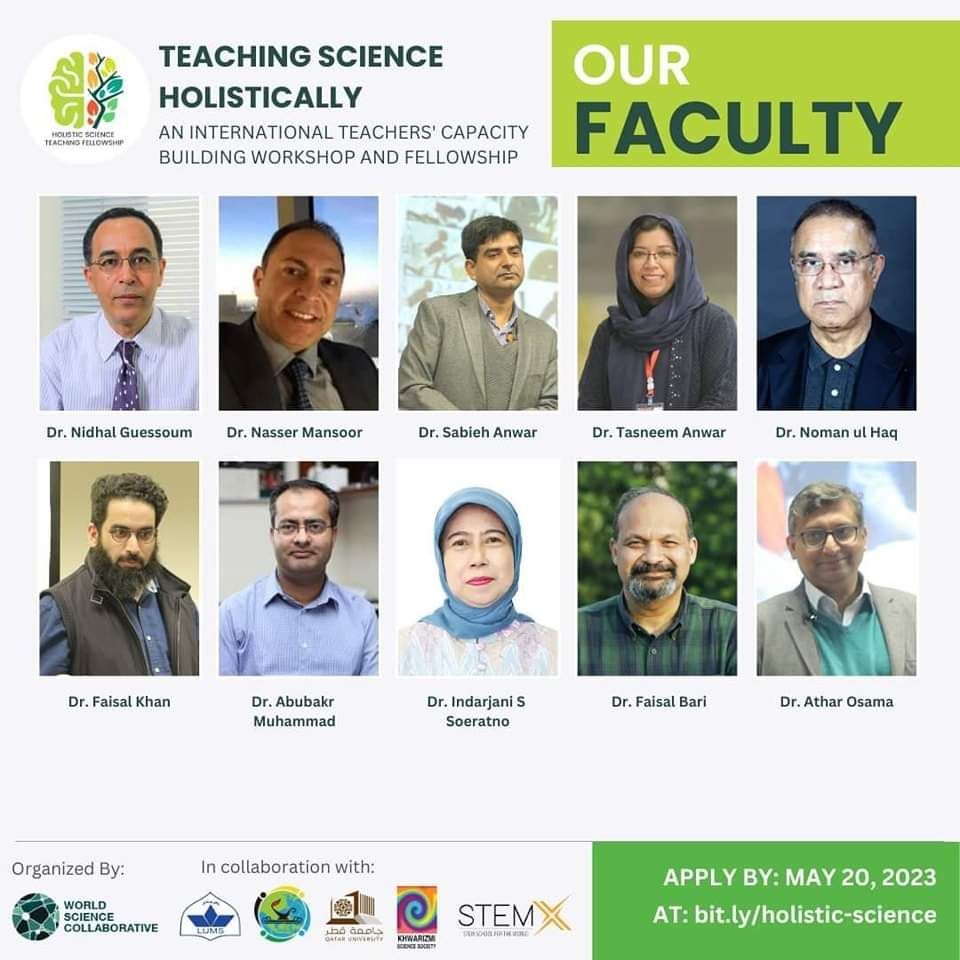
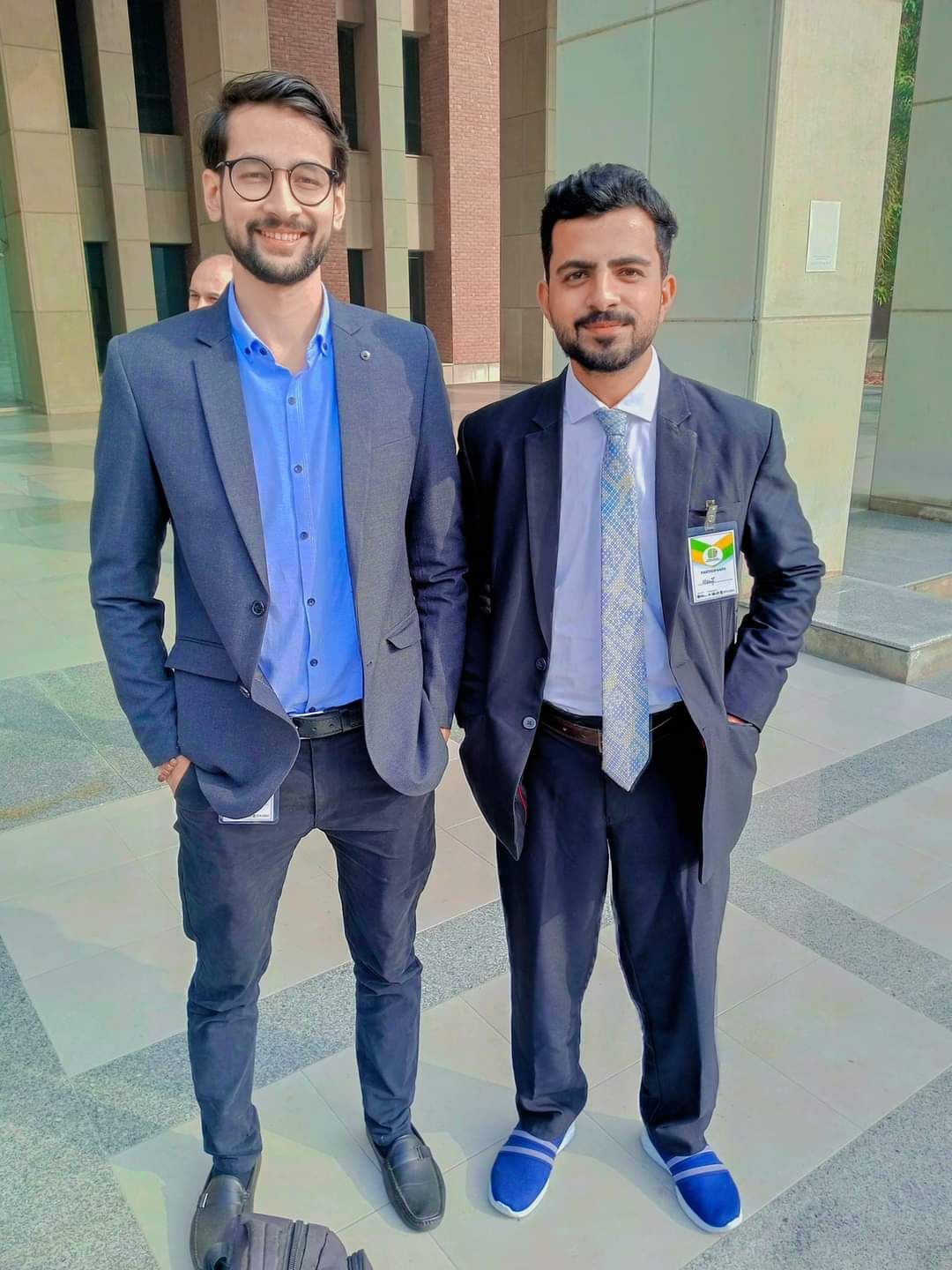
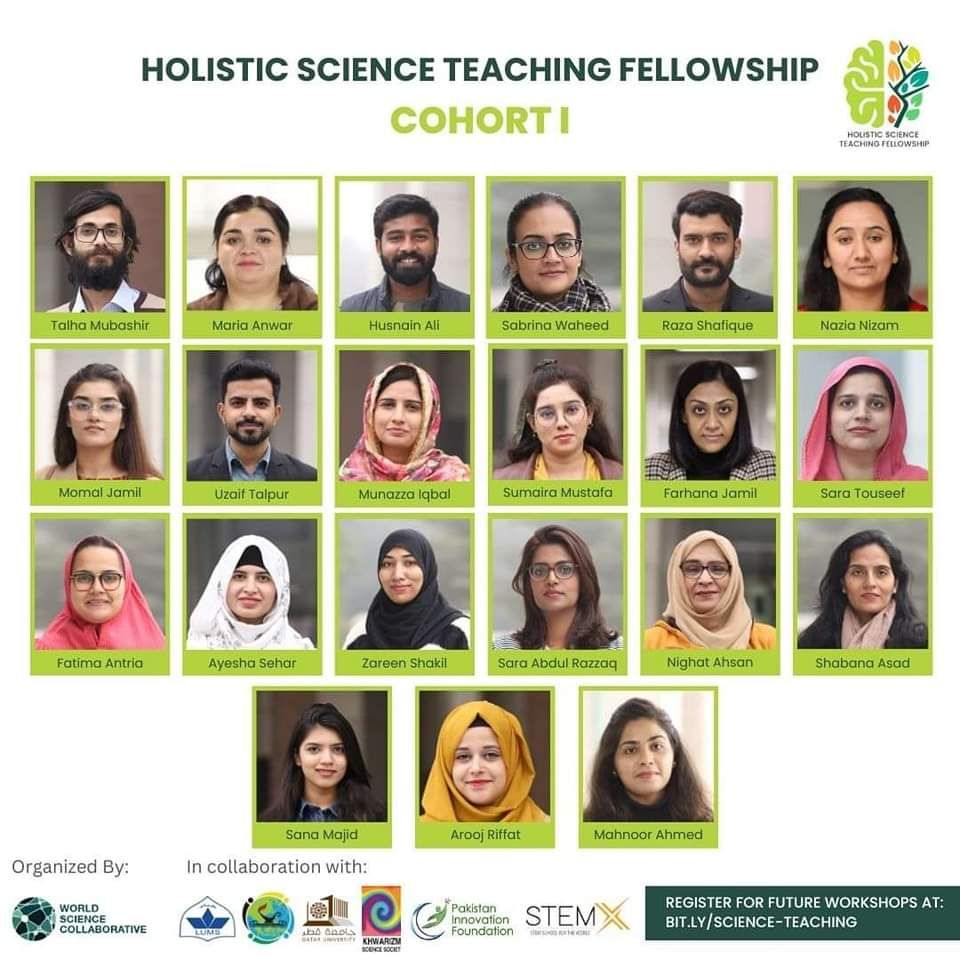
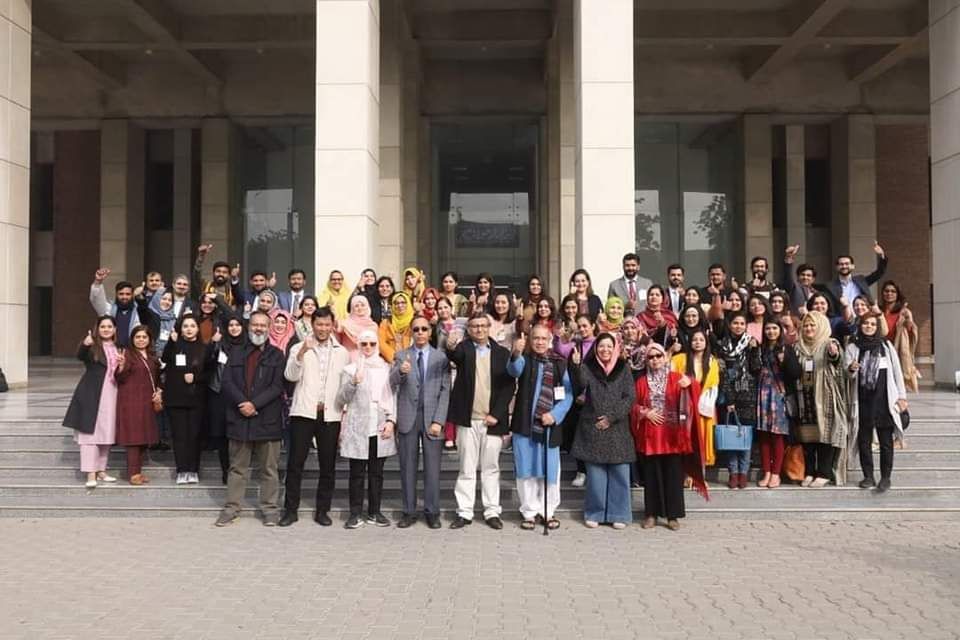
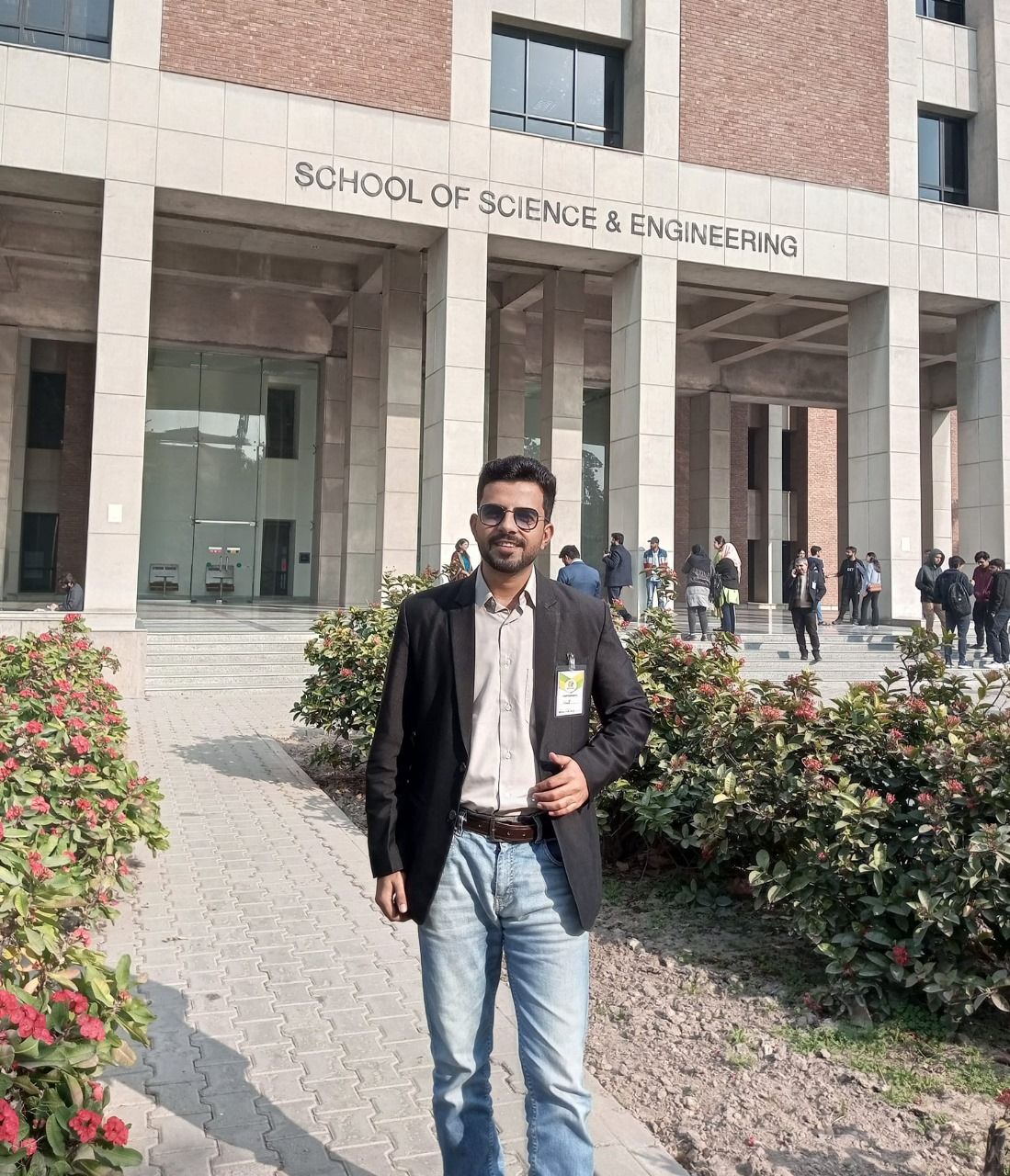
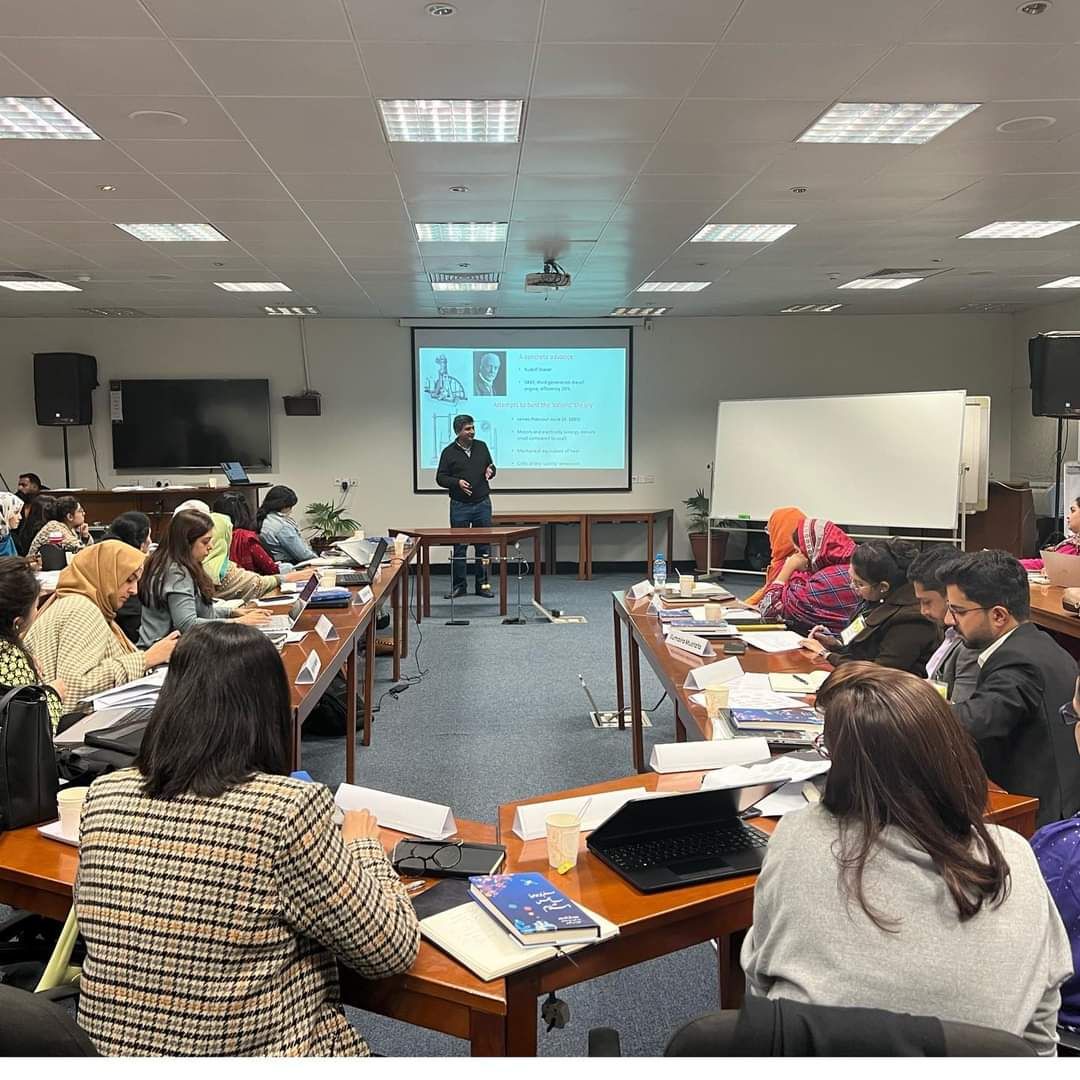
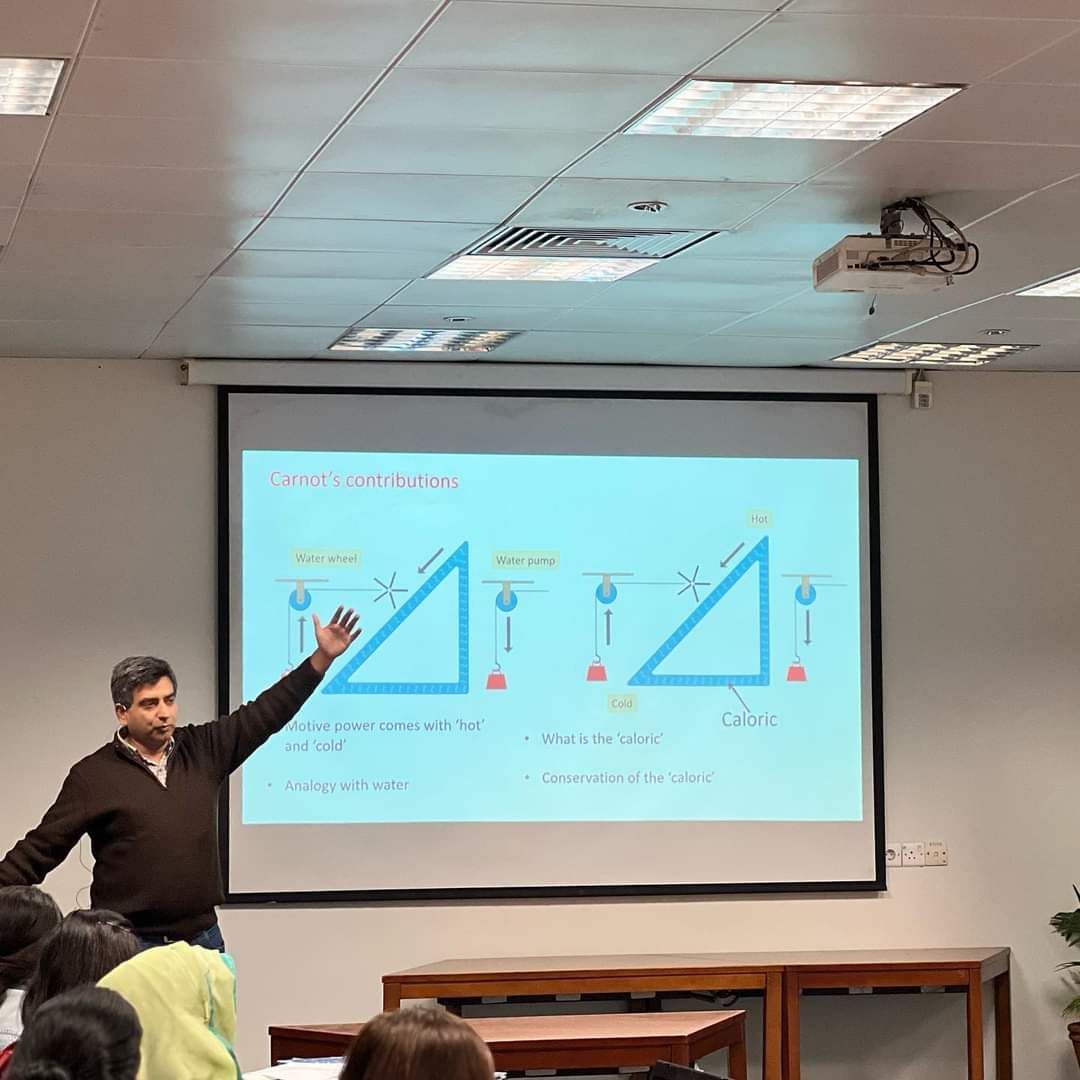
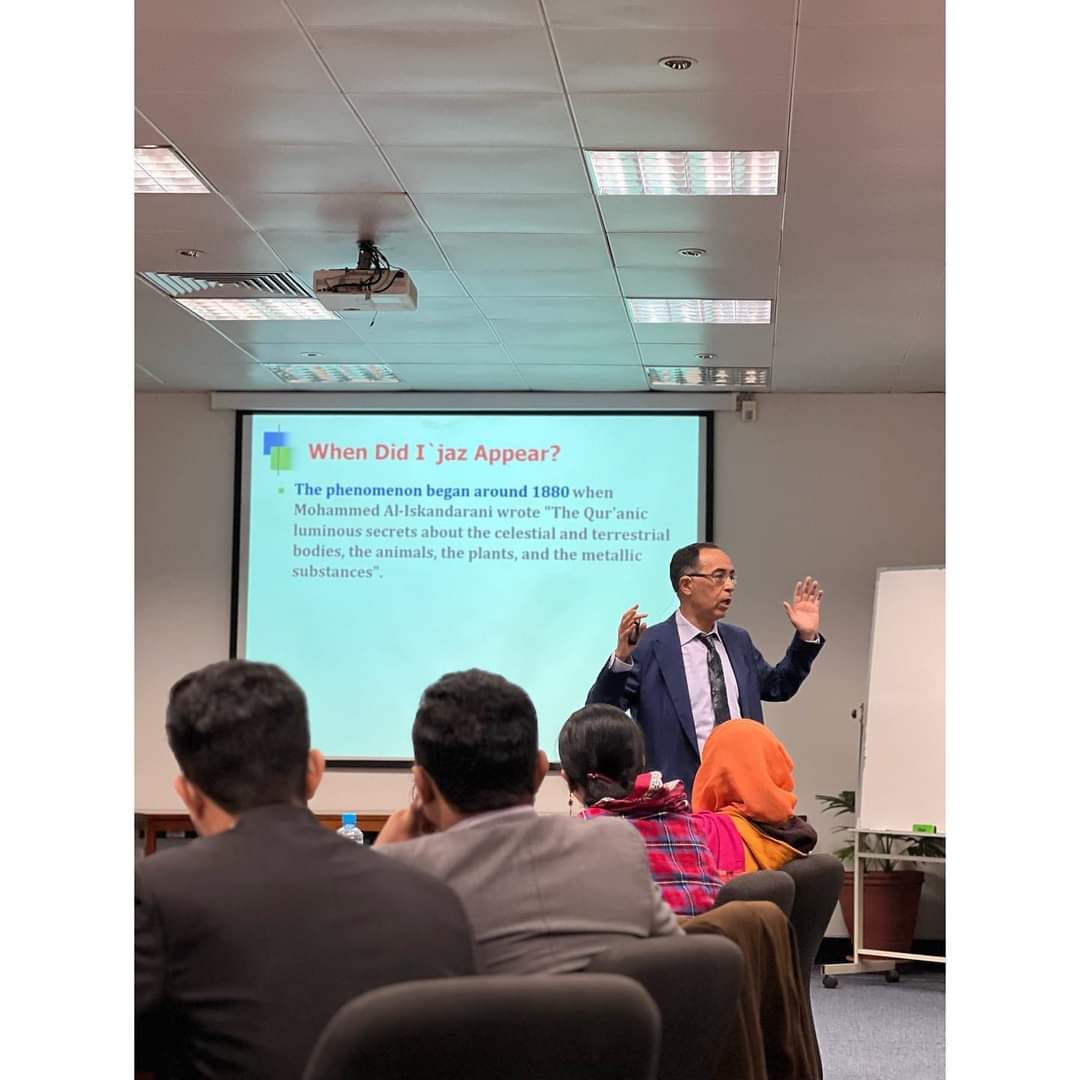
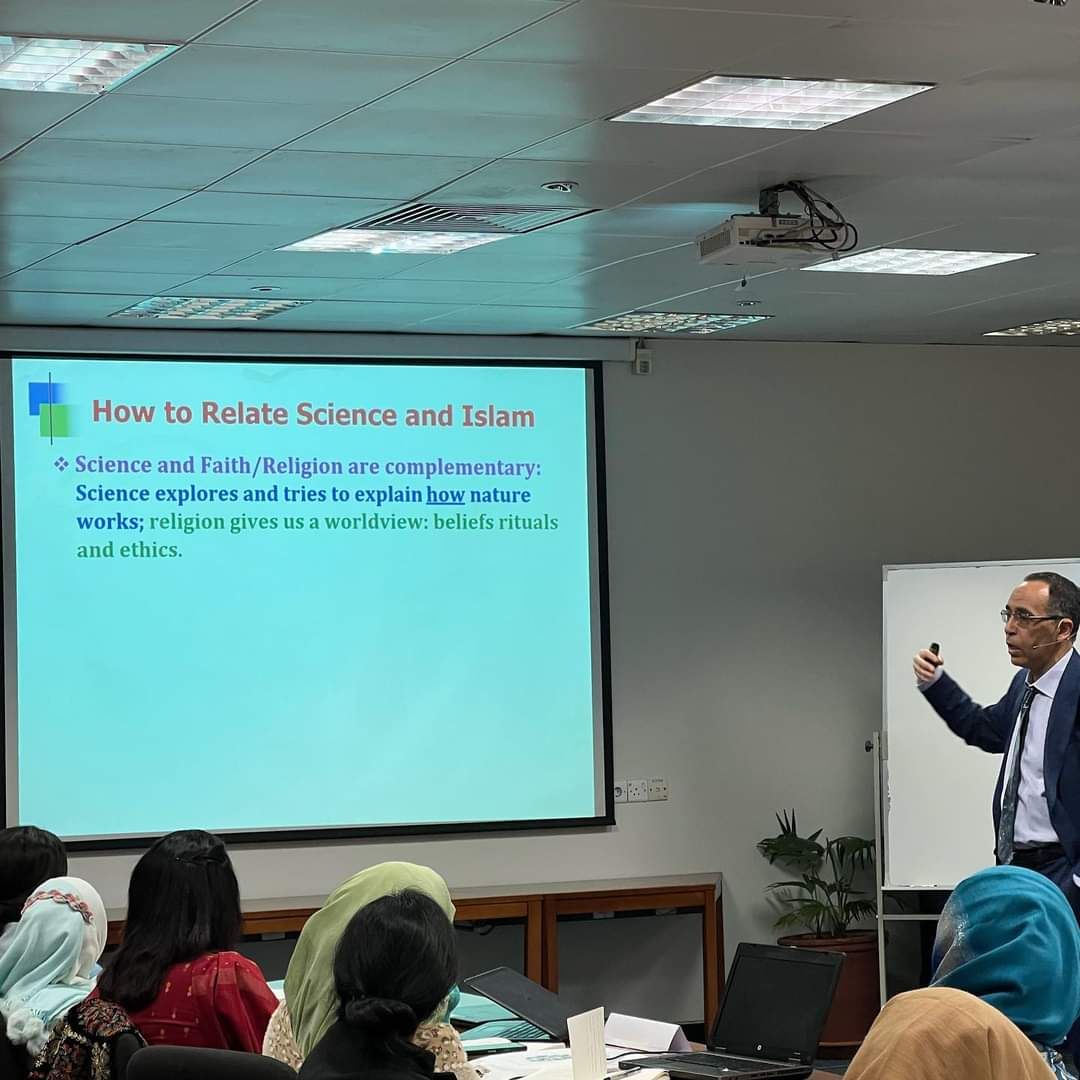
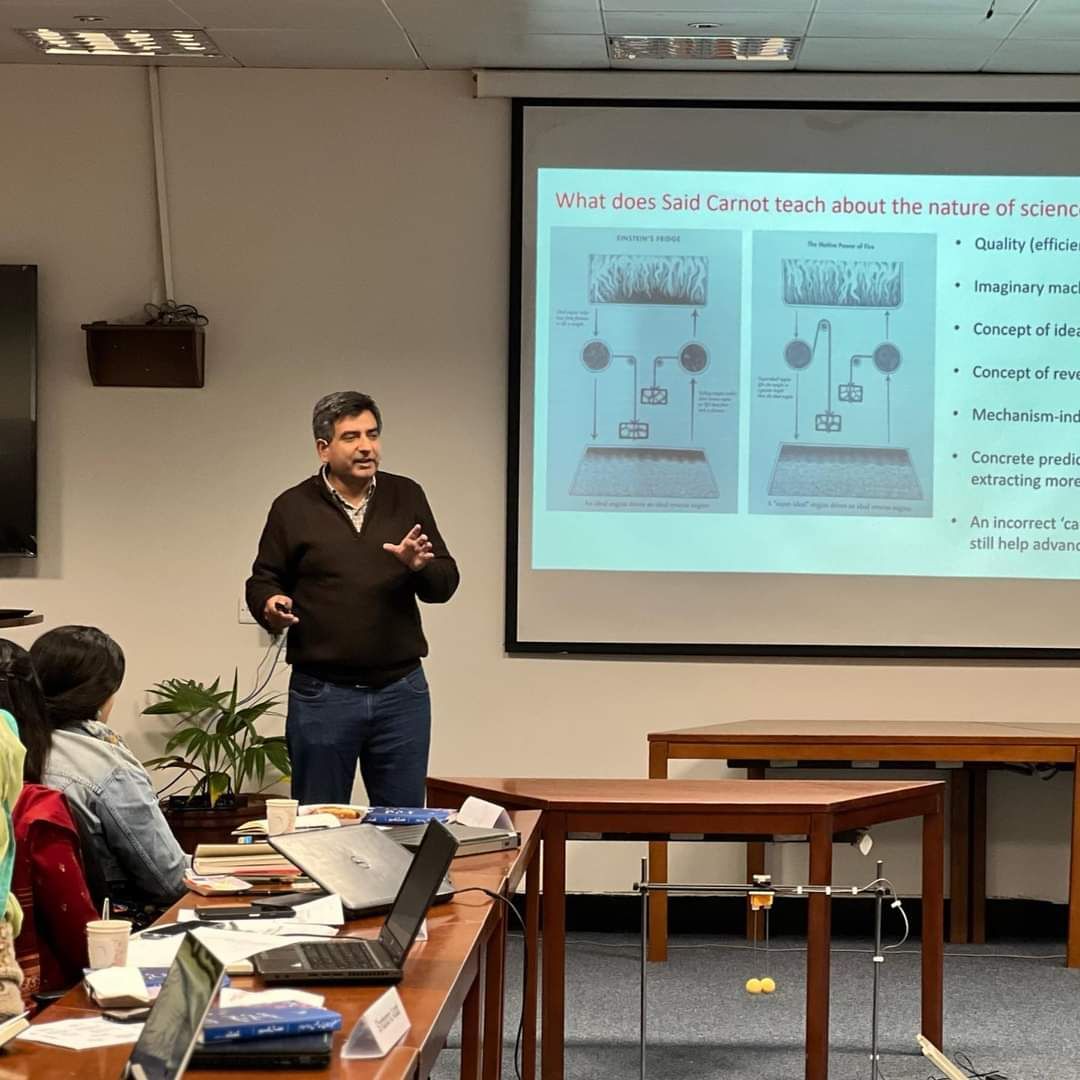
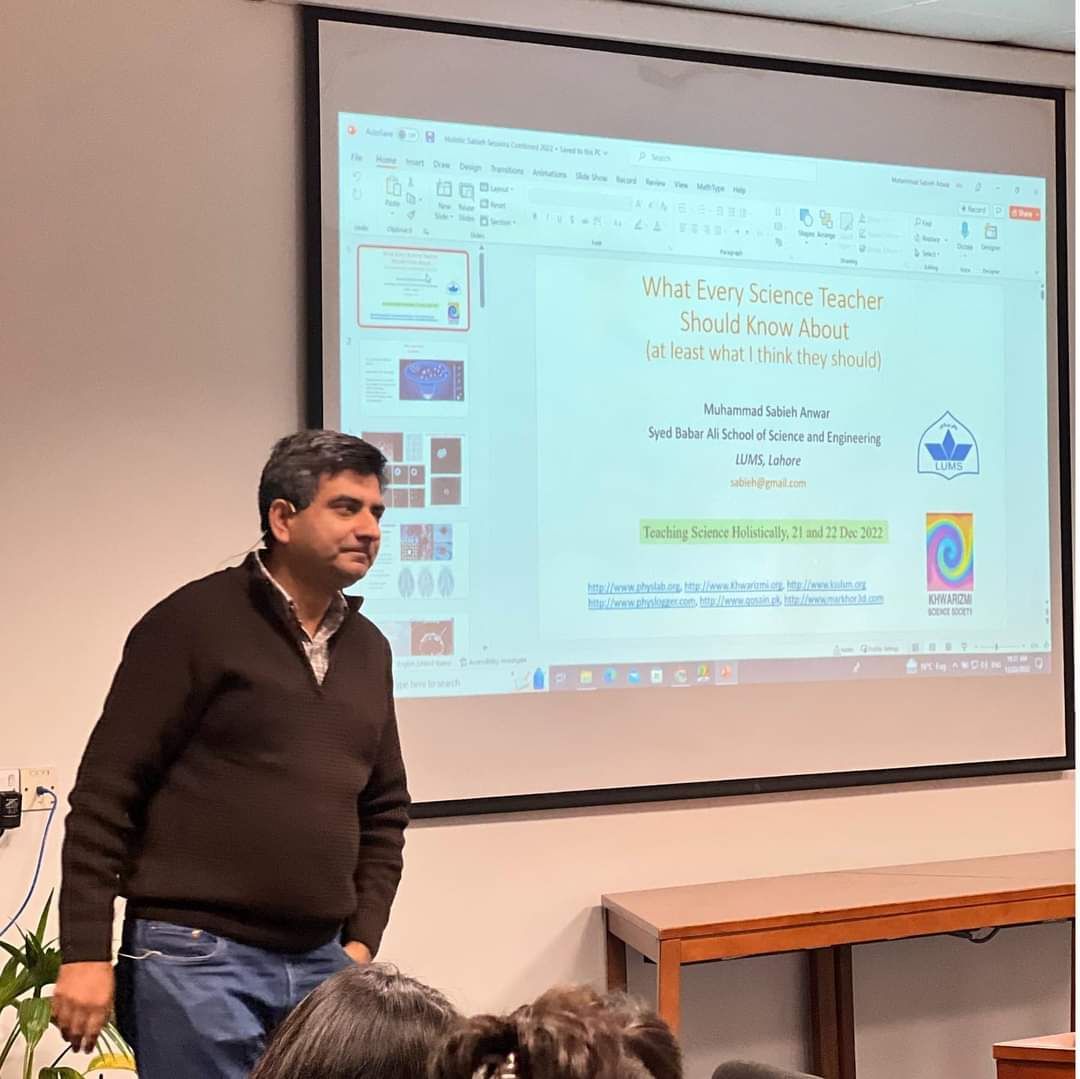
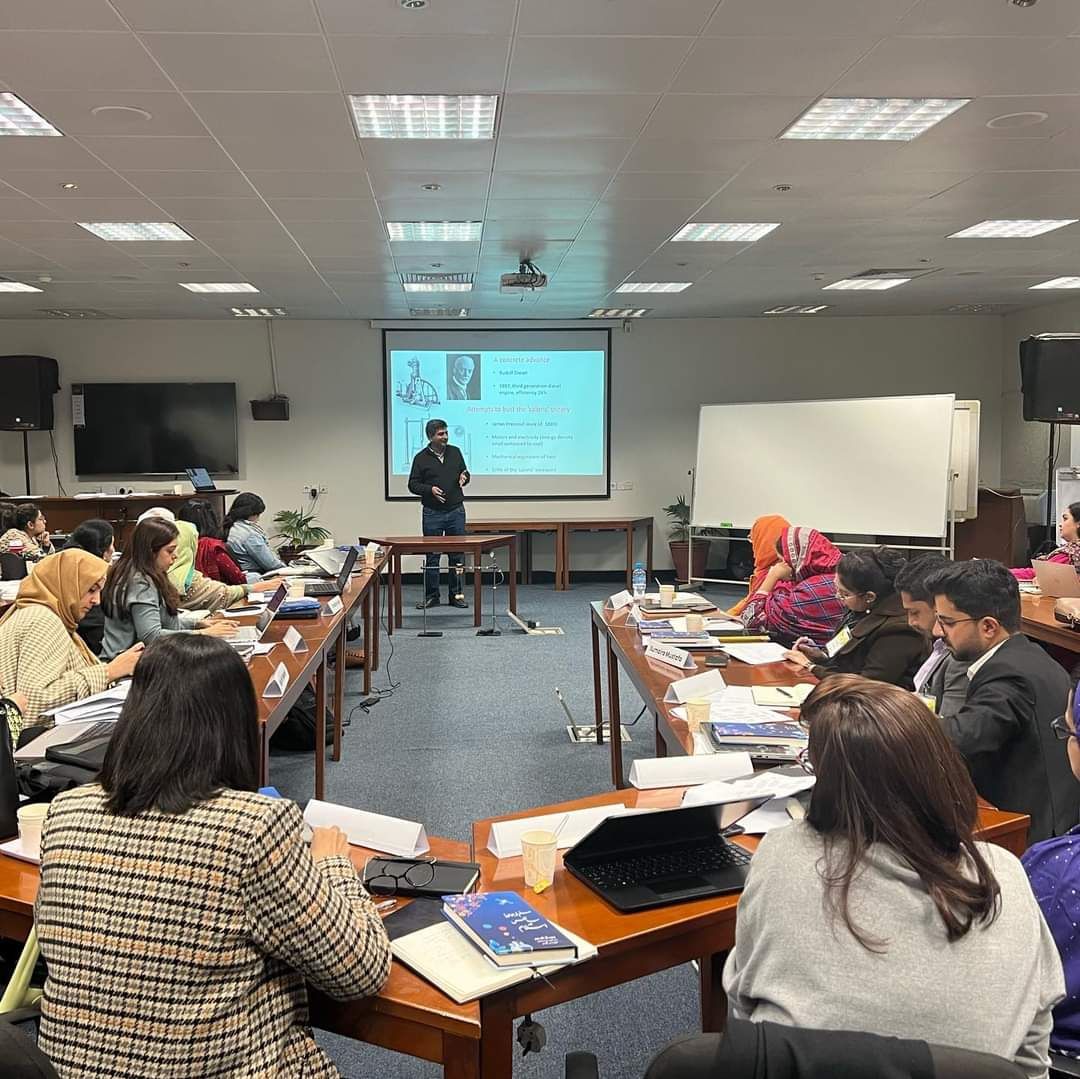
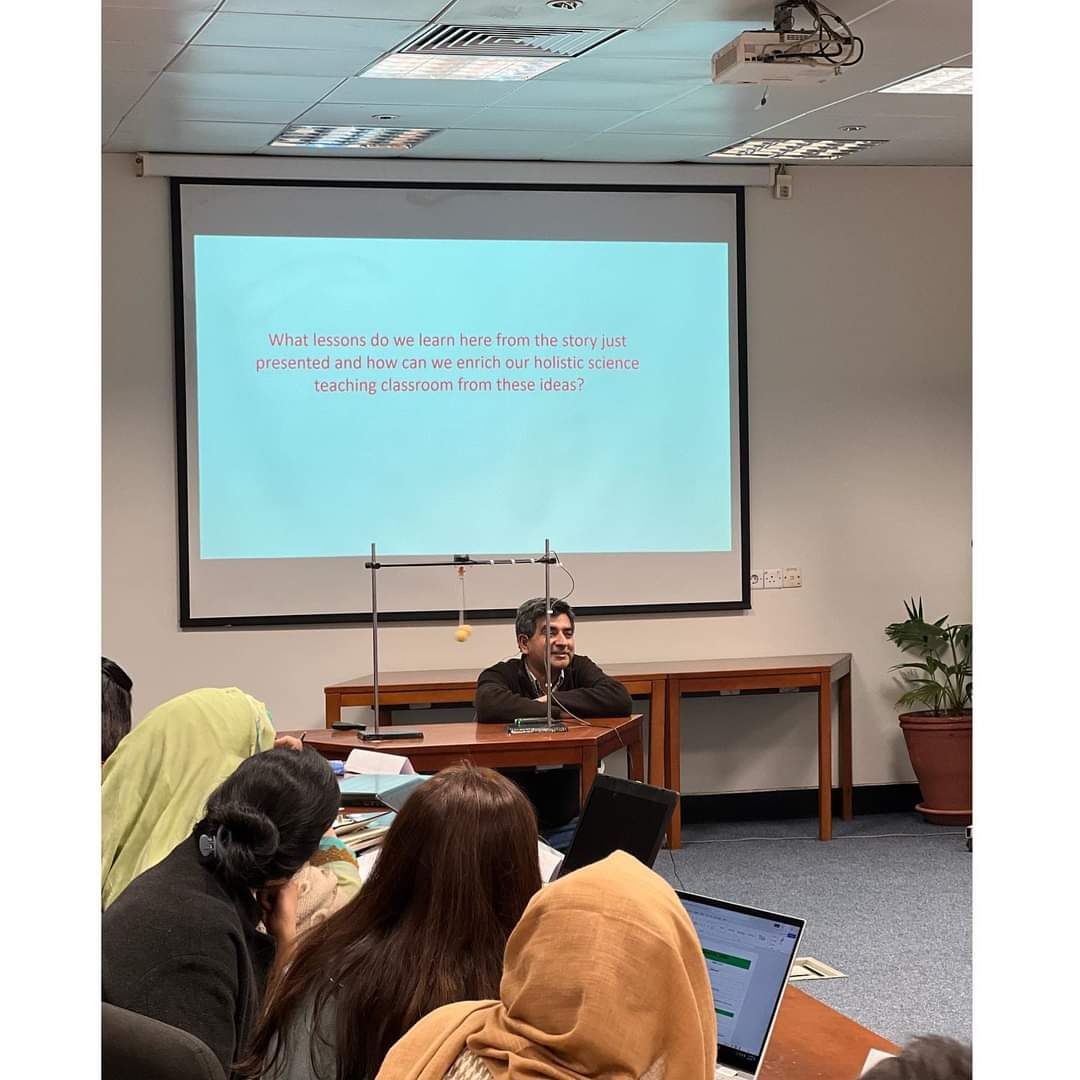
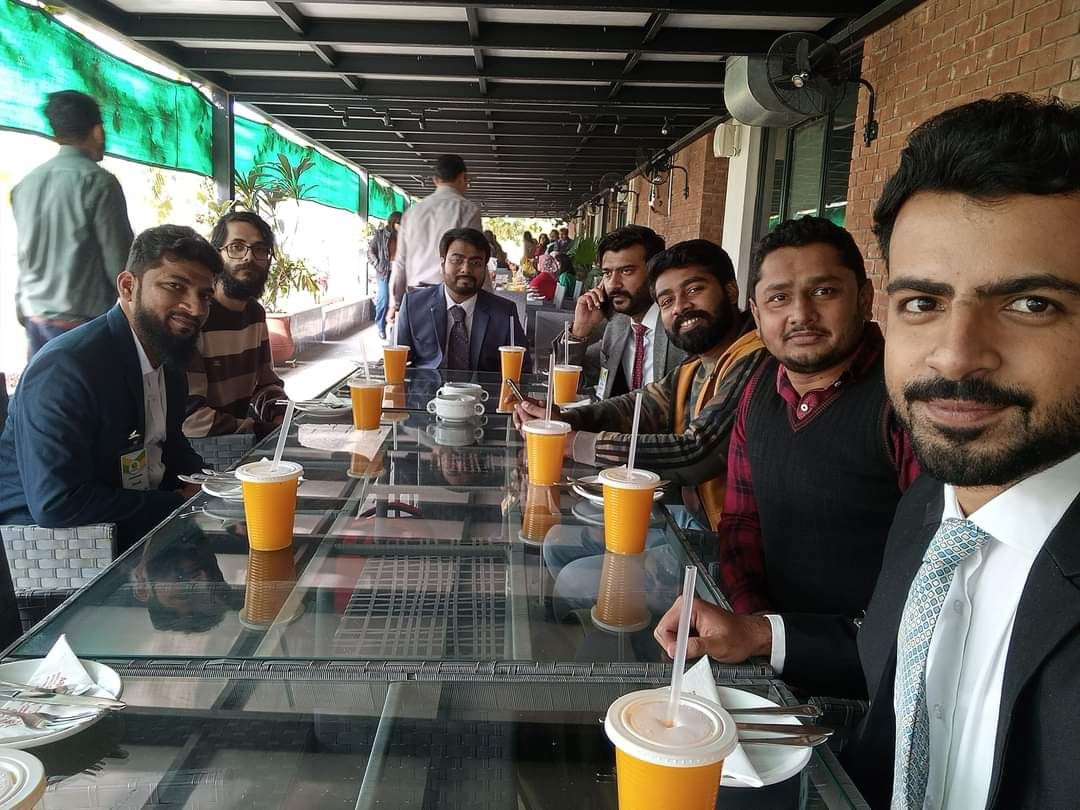
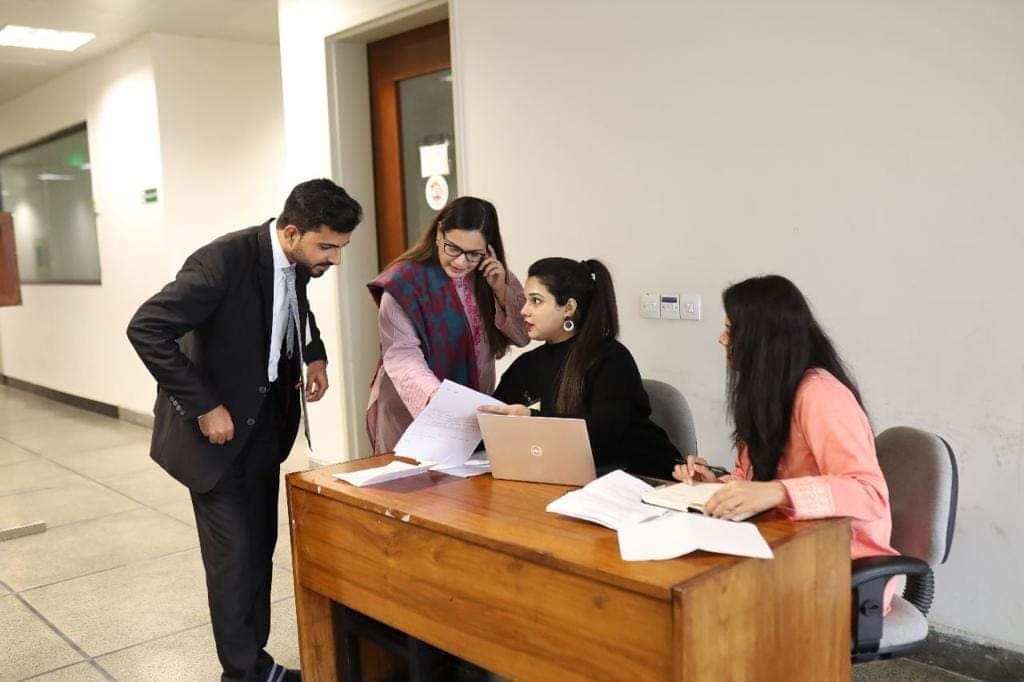
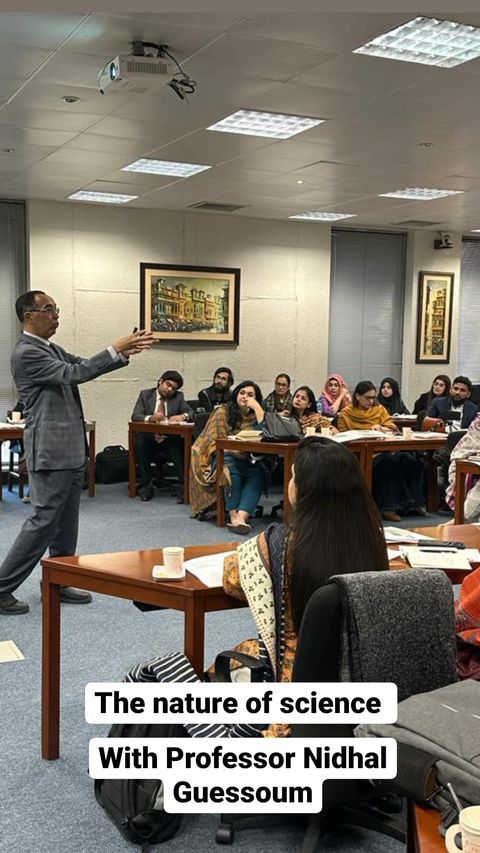
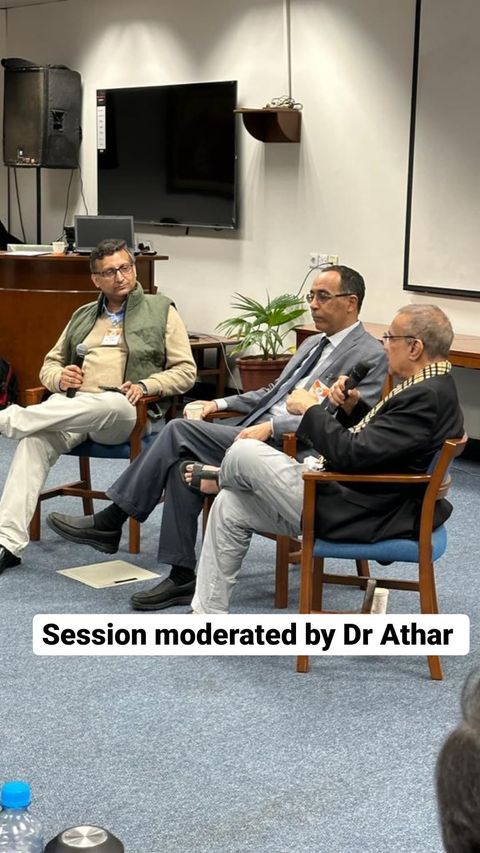
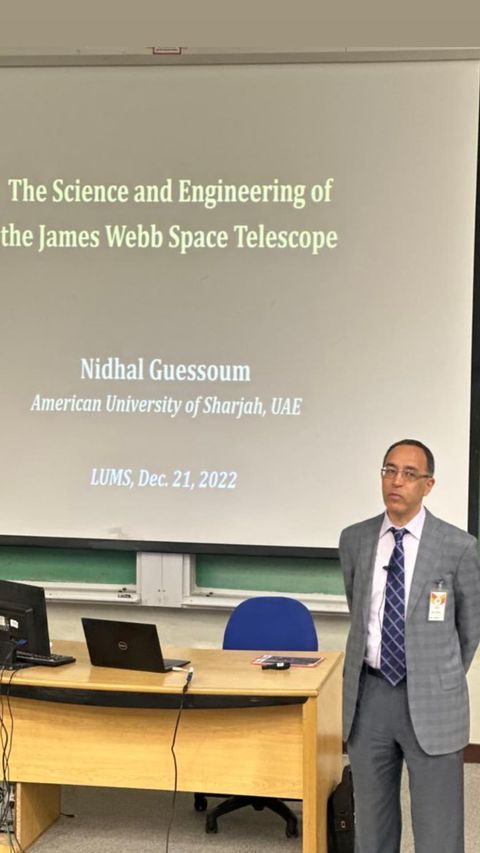
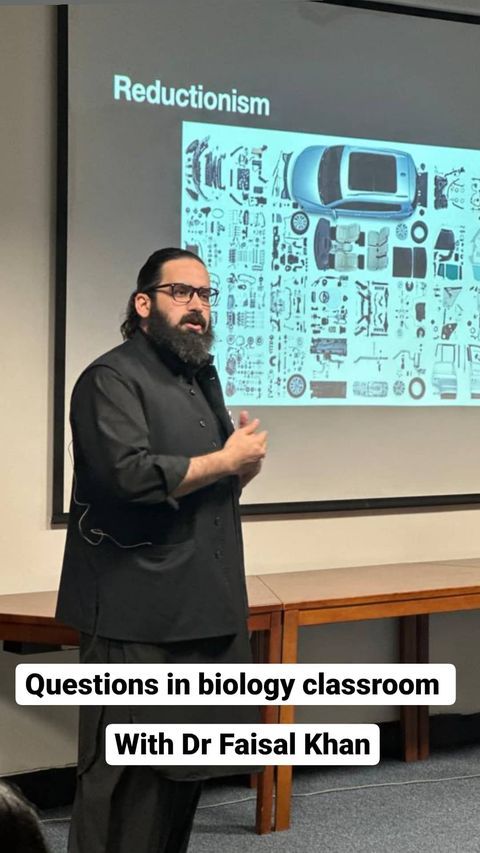
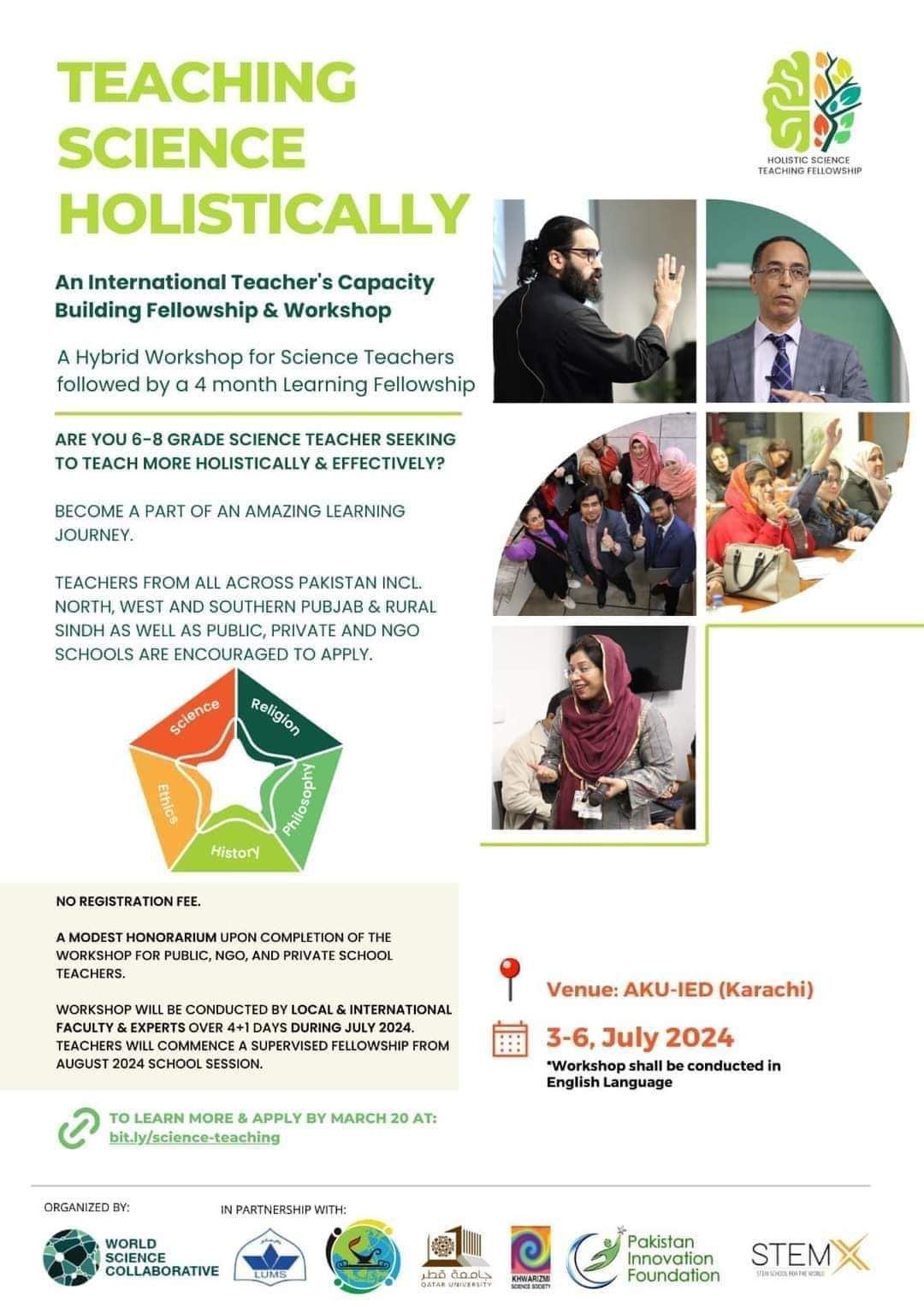
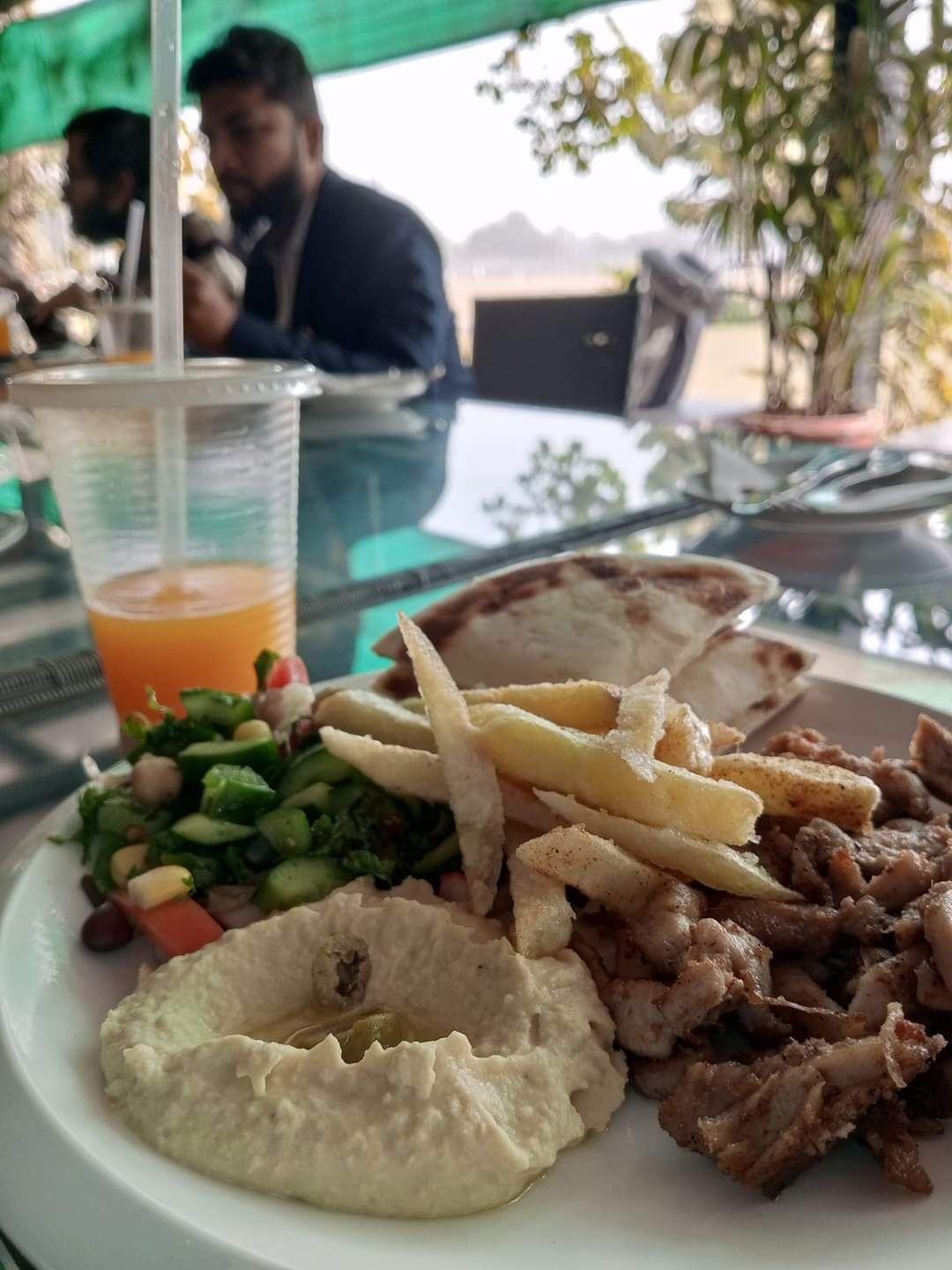
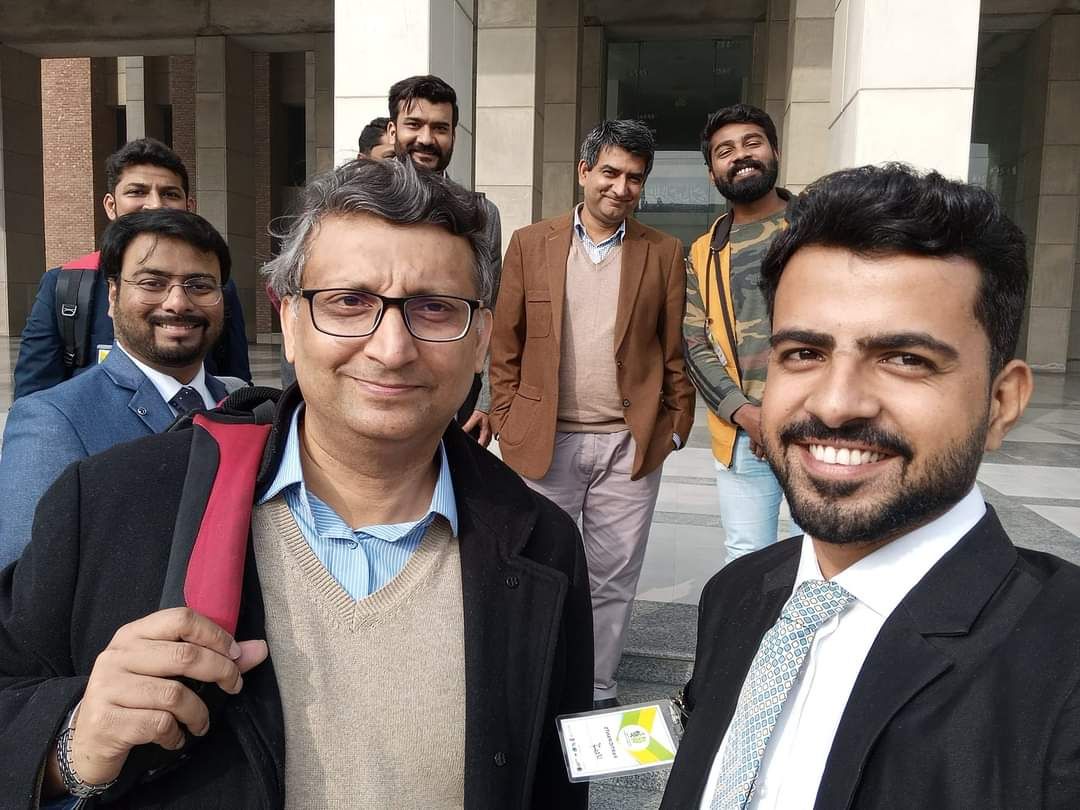
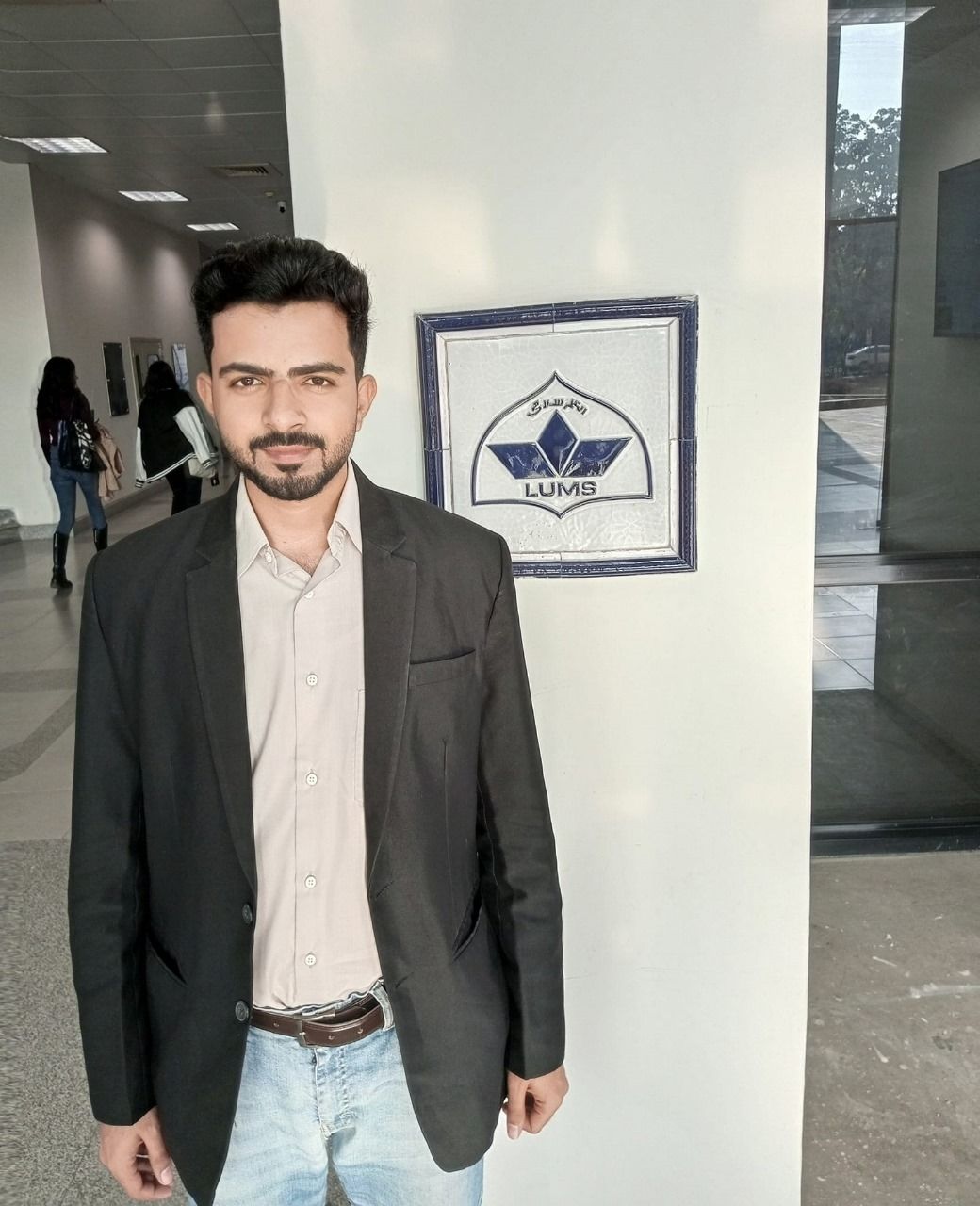

 dear Sir
dear Sir